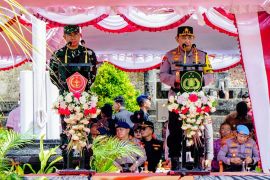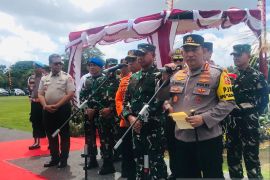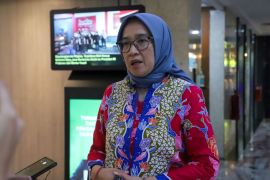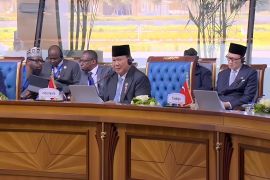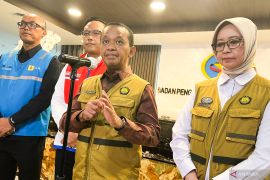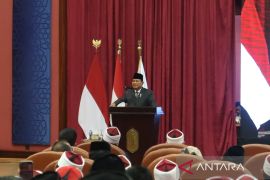Jakarta (Antara) - Transportation Ministry has reminded that officials of its provincial and district offices across the country should not collect illegal levies from travelers during their post-fasting home-bound exodus (Mudik). "Those who are clad in transportation corps uniforms are not allowed to collect levies on the street, bus terminals and ports. Those who are reported to have collected illegal levies and are proven guilty will be acted upon," Director General of Land Transportation Suroyo Alimoeso said in a press release made available to Antara here on Saturday. He said that he was calling on transportation officials to carry out their tasks well during the 2013 home-bound and reverse flows of post-fasting festivity (Lebaran) travelers. Officials are expected to provide sincere help for travelers who want to get family and friend reunions in their home towns. He said that travelers using motorcycles were expected to peak on August 4, 2013 so that officials in the fields should provide optimal services for them. The fasting month this year is expected to start on July 9 or July 10 next week. The director general said that at Merak ferry port which linked Java with Sumatra, services could be provided in the form of tents for passengers who were in queues before getting on the ferries, air-conditioners in certain waiting points and health officials. "I ask for the willingness of the Inland and Waterways Transportation Service (ASDP) for Merak Port and Bakauheni Port to provide passengers with 'takjil' (meals for breaking of the fast). If possible, provide them with predawn meals," said Suroyo. On the occasion, the director general also ordered all of the Transportation Ministry's provincial offices (Dishub) to smooth the transportation process of travelers using different kinds of transportation means. "The Dishub across the country should prepare everything to make a success Leberan 2013 travelers' transportation, and do their best to reduce transportation accidents," Suroyo Alimoeso said. (*)
Officials Warned of Illegal Levies during "Idul Fitri" Exodus
Minggu, 7 Juli 2013 10:46 WIB


